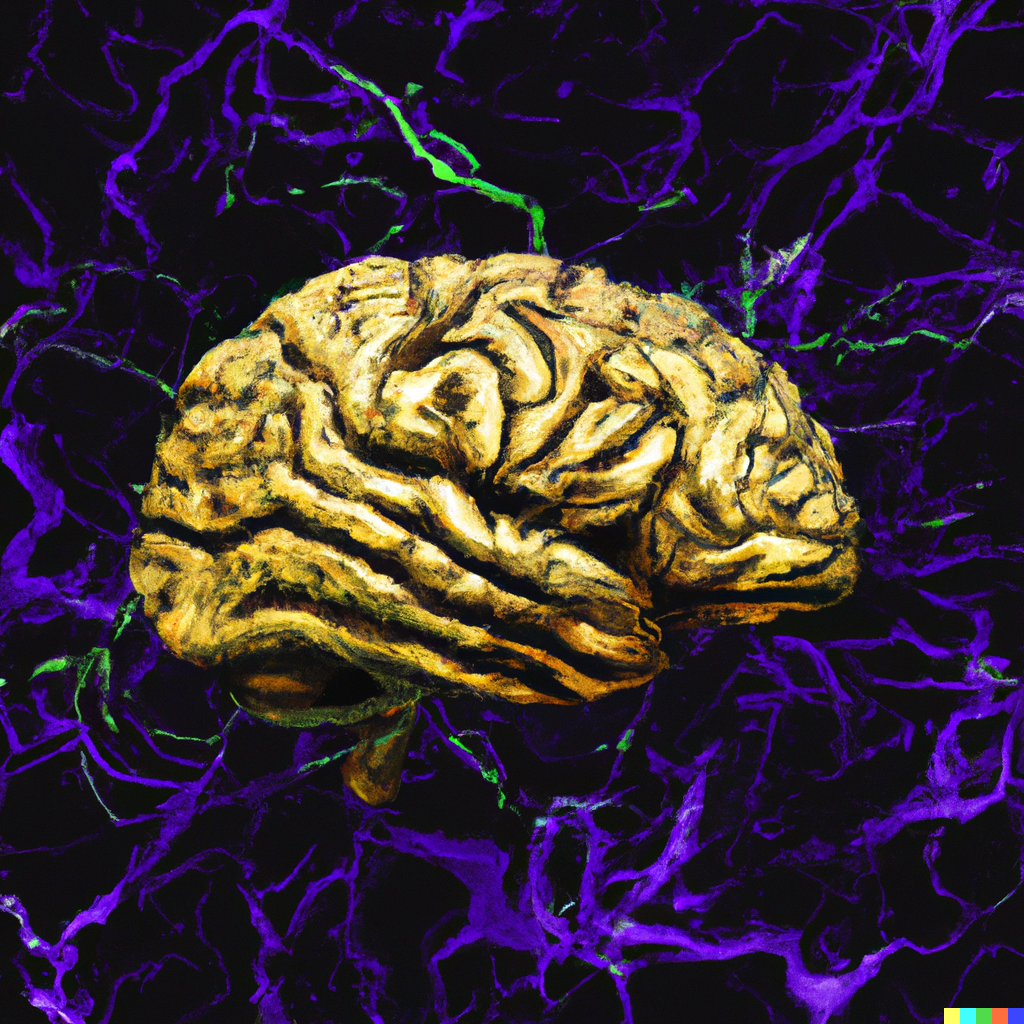
Harnessing Nootropics: A New Ally Against Anxiety in the Workspace
Share
Title: "Harnessing Nootropics: A New Ally Against Anxiety in the Workspace"
In today's fast-paced, high-stress work environments, anxiety has become a common companion for many professionals. However, an emerging field of supplements called nootropics, often labeled as 'brain boosters,' offers potential solutions. These compounds are gaining momentum in the quest to quell workplace anxiety.
Nootropics are natural or synthetic substances that may enhance cognitive functions, including memory, creativity, and even motivation. But one of the most intriguing potential benefits is their purported ability to mitigate anxiety. Let's delve into how nootropics can contribute to a more serene workspace.
Anxiety often stems from our body's response to stress and can hamper productivity, damage professional relationships, and impede career growth. One common physiological response to stress is an overactivity of the adrenal system, leading to an excess of cortisol, the 'stress hormone.' Nootropics, such as Ashwagandha, have been shown to lower cortisol levels, thereby potentially reducing stress and anxiety.
Another nootropic, L-Theanine, an amino acid found in green tea, is known for promoting relaxation without sedation. It's believed to do this by increasing the production of GABA, a neurotransmitter that inhibits overactivity in the nervous system. By boosting GABA, L-Theanine can help foster a sense of calm focus, which is ideal in a professional setting.
Lion's Mane mushroom is a nootropic that's growing in popularity, due to its potential brain health benefits. It contains bioactive substances that may stimulate the production of nerve growth factor, a protein that promotes the growth and maintenance of neurons, essentially the building blocks of our brain. This not only helps with cognitive functions such as memory and concentration, but also appears to have anxiety-reducing properties.
In fact, a study published in the journal "Biomedical Research" found that participants who consumed Lion's Mane mushroom reported lower levels of irritation and anxiety. This is believed to be due to its potential to boost nerve regeneration and improve gut health, which can have a surprising influence on mood and mental well-being. Its capacity to encourage a relaxed yet focused state of mind makes Lion's Mane a potential ally in the fight against workplace anxiety.
It's crucial to remember that nootropics are not a one-size-fits-all solution. Individual reactions can vary, and the effects often depend on various factors, including the type of nootropic, dosage, and the individual's unique biochemistry.
As interest in nootropics continues to rise, more research is needed to validate their efficacy fully and understand their potential side effects. If you're considering incorporating nootropics into your routine to manage workplace anxiety, it's best to consult a healthcare professional.
Nootropics represent a promising frontier in the ongoing quest for tools to combat workplace anxiety. While they're not a magic bullet, they could potentially offer a new approach to fostering a more calm, focused, and productive work environment.
Remember: Mental health is vital, and seeking help is a strength, not a weakness. If you're dealing with chronic anxiety, consider reaching out to a mental health professional. And who knows? Perhaps the future of mental well-being at work includes nootropics next to the coffee pot?